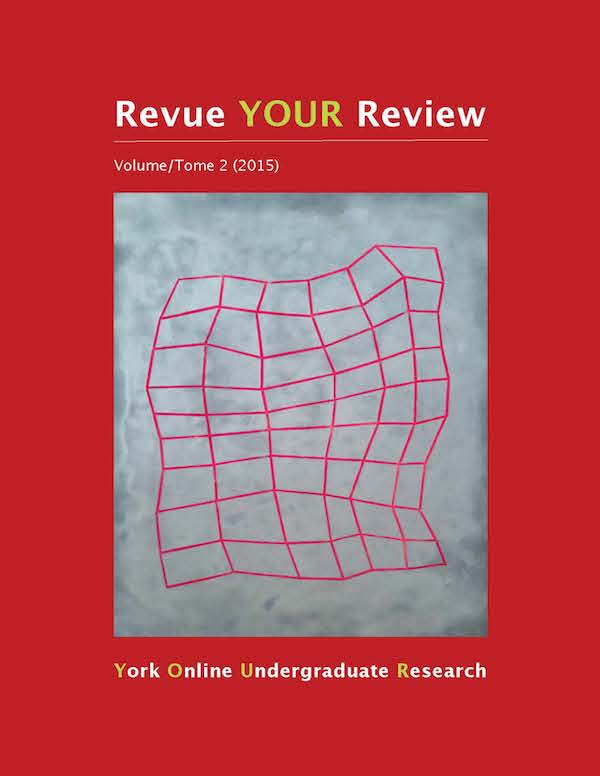The Silk Road, Bitcoins, and the Global Prohibition Regime on the International Trade in Illicit Drugs: Can This Storm Be Weathered?
Abstract
The global prohibition regime on the international trade in illicit drugs is a relatively recent phenomenon, which finds its origins in the nineteenth and twentieth centuries. It is a part of the bigger system of international norms and regulations arising from the American hegemony. Historically, one could hardly find any effort resembling the modern prohibition regime on the trade in illicit drugs around the historical Silk Road that traversed much of the ancient known world and connected civilisations through trade. Merchants from across the world travelled safely, for the most part, on this road and took part in a globalized trade, which was unprecedented. Centuries later, a new Silk Road was allegedly created by 29-year-old Ross William Ulbricht, the self-styled Dread Pirate Roberts.Downloads
How to Cite
Issue
Section
License
Authors contributing to Revue YOUR Review agree to release their articles under one of three Creative Commons licenses: Creative Commons Attribution 4.0 International; Creative Commons Attribution-NonCommercial 4.0 International; or Creative Commons Attribution-NoDerivatives 4.0 International. All editorial content, posters, and abstracts on this site are licensed under Creative Commons Attribution-NoDerivatives 4.0 International. For further information about each license, see:
https://creativecommons.org/licenses/
In all cases, authors retain copyright of their work and grant the e-journal right of first publication. Authors are able to enter into other contractual arrangements for the non-exclusive distribution of the e-journal's published version of the article (e.g., post it to an institutional repository or publish it in a book or in another journal), with an acknowledgement of its initial publication in this e-journal.


